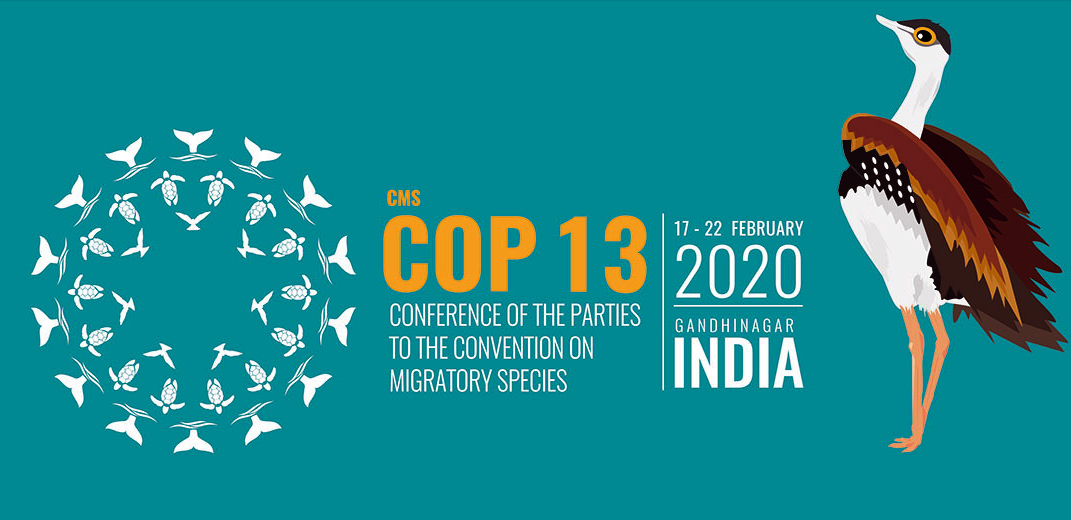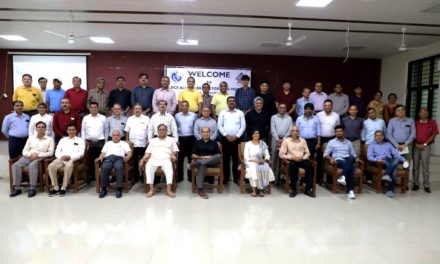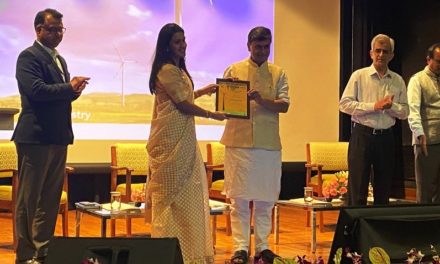Gandhinagar : On the sidelines of the Thirteenth Conference of Parties to the Convention of Migratory Species, a session was organised by the Ministry of Environment, Forest and Climate Change (MoEF &CC) on Trans-boundary Cooperation on Tuesday. The session stressed the need for strengthening bi-lateral and multilateral partnerships and regional cooperation for effective conservation, protection and monitoring of migratory species. Discussions were held around understanding the existing trans-boundary cooperation set-up for biodiversity conservation, with a focus on wide-ranging and migratory species, and filling in gaps in existing mechanisms. Introducing the topic, Dr S.P Yadav, Member Secretary, Central Zoo Authority, said, “Wildlife needs connectivity since they cannot survive in islands of protected areas, hence we need Trans-national cooperation and CMS CoP strengthens our resolve and efforts of strengthening Trans- boundary cooperation.” Followed by glimpses on efforts for wildlife conservation and management in Jammu & Kashmir, Suresh Gupta, Chief Wildlife Warden, UT J&K said, “Legal and policy framework must be synergised among the states on landscape basis sharing boundaries with other states and countries.” Speaking about trans-boundary wildlife conservation between Terai in Uttar Pradesh and Nepal, Sanjay Shrivastava, APCCF of Uttar Pradesh said, “UP & Nepal share more than 600 kms of trans-national boundary with protected areas on each side. Hence, we must formulate transboundary protection strategy and institutionalize coordination mechanism to improve Indo-Nepal cooperation as well as management of corridors & community engagement.” Representing Bihar, Amit Kumar, Director of the Patna Zoo said, “Forest Departments across borders must promote free and flowing interaction.” Giving an example on necessity of trans-national cooperation he cited a case study on rhinos which flowed 150 kms into Bihar from Nepal during floods but were easily sent back with due to trans-boundary cooperation. Talking about the rich biodiversity in Sikkim, Shri ML Srivastava, Principal Secretary, HoFF, CWLW, FEWMD, Sikkim said that developing active collaboration both at the grass root level (eco-system level) and at national level (manage political boundaries and treaties) as well as determination of migration pattern of animals across landscapes is imperative to prevent fencing of international boundaries.
Need for strong partnership for migratory species










